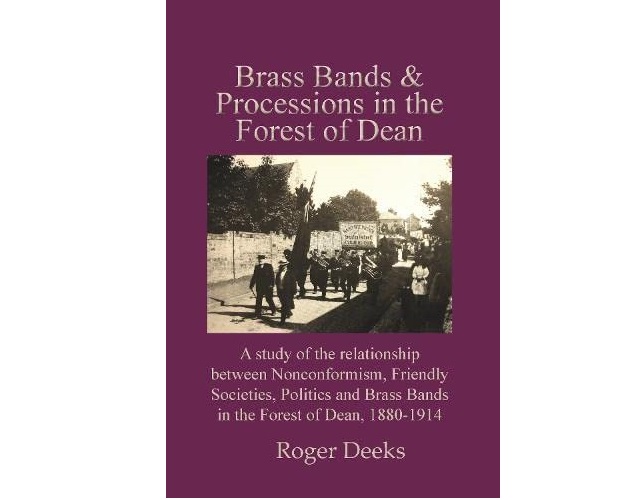

The small industrial communities of the Forest of Dean in west Gloucestershire form an evocative strand of the invisible DNA that underpins the British brass band movement.
Emerging from the mid-19th century expansion of local iron and coal resources, they mirrored, albeit in a more isolated manner, a cultural phenomenon that occurred throughout the UK in the 30-year period leading to the outbreak of the First World War.
Intoxicating mix
Borne of a fertile mix of late Victorian/Edwardian moral rectitude, political radicalism and religious non-conformity, many of their bands remain active and successful today, the names recalling a proud past and determined future; Lydbrook, Cinderford, Drybrook, Bream, Pillowell and Lydney.
Even the obituary columns are etched by an almost romantic sense of loss: Arthur & Edward Colliery; Brains Brass Band; Cinderford Ark Mission; East Slad; Forest Vale Iron Works, Littledean; Princess Royal, Speedwell and Trafalgar Collieries.
Even the obituary columns are etched by an almost romantic sense of loss: Arthur & Edward Colliery; Brains Brass Band; Cinderford Ark Mission; East Slad; Forest Vale Iron Works, Littledean; Princess Royal, Speedwell and Trafalgar Collieries.
Others battle on, such as Berry Hill and Park End, whilst some like Forest of Dean Brass have gained new identities through amalgamation.
Each is a variant strand of proud community music making, that although now frayed and fragile, still retains a strength of purpose that is unmistakable and unique.
Passionate appreciation
That formative essence is explored in Roger Deeks’ lucid, hugely informative book.
Written with a passionate appreciation (and forensic attention to attributed detail) of the cultural as well as economic fundamentals of historical time and place, it charts the ambition and achievement, and especially the people who have found inspiration through the Forest’s brass bands.
The sense of communal connectivity and symbolism is embossed on every page; the Friendly Societies and chapels, trade unions and radicalism - the emblematic badges of religious and political faith that even today gives the area a steel-like tensile strength of character.
His focal point is the village of Yorkley, with the emergence of its band providing a telling touchstone.
The sense of communal connectivity and symbolism is embossed on every page; the Friendly Societies and chapels, trade unions and radicalism - the emblematic badges of religious and political faith that even today gives the area a steel-like tensile strength of character.
In quoting the famous Berry Hill author and playwright Dennis Potter he also neatly encapsulates the appreciation of the role that brass bands have made to what he himself so pertinently describes as “an enduring symbol of that identity”.
His book provides a fine tribute to that.
Iwan Fox
Available from Dean Heritage Centre, Forest of Dean or direct from the author at: rdeeks@glos.ac.uk









